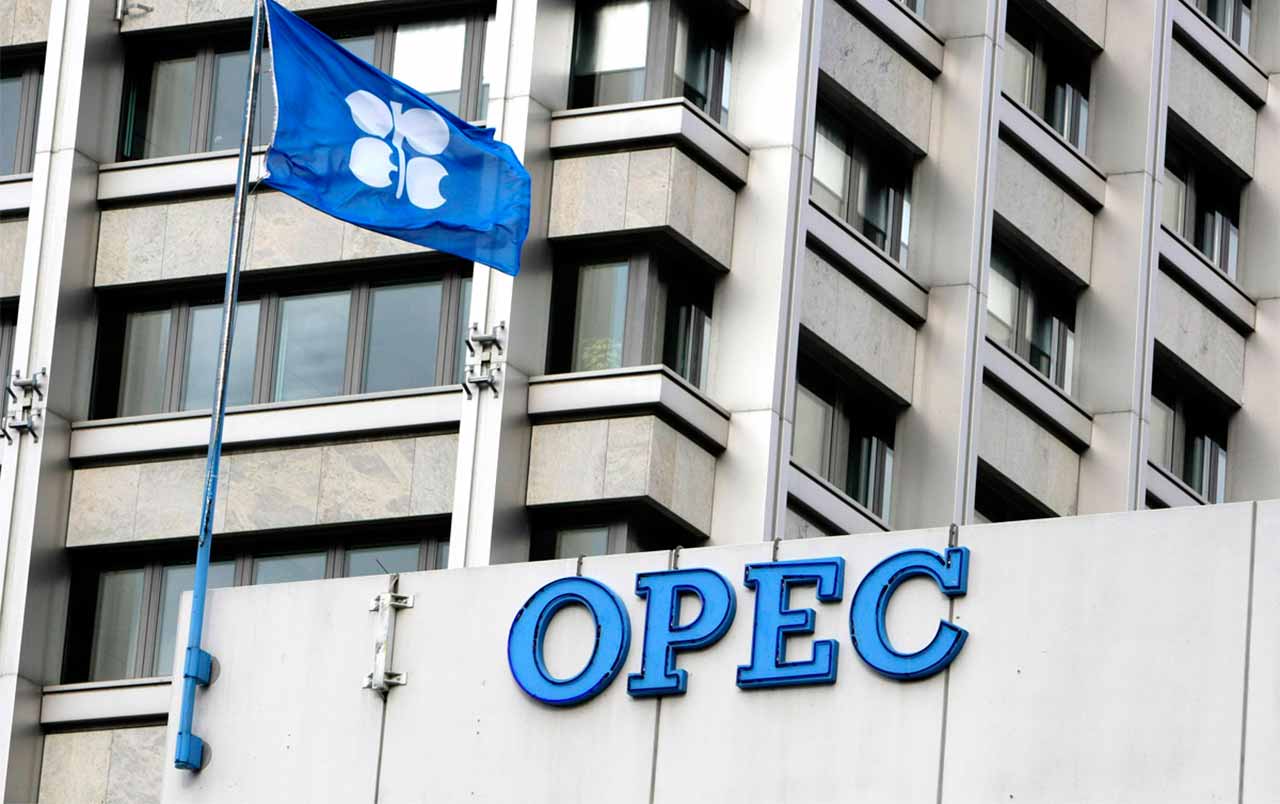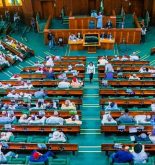By Tsvetana Paraskova
A joint panel of OPEC and non-OPEC representatives will discuss next Tuesday how the group could distribute among them the 1 million bpd production increase that was agreed in June Reuters reported on Friday, citing sources familiar with the plans.
OPEC and its Russia-led partners of non-OPEC producers in the production cut pact agreed in June to ease compliance rates, in other words to boost production, to ease market and consumer concerns about an increasingly tighter market and higher oil and gasoline prices.
Analysts had expected that Iran would not agree to any specific production boost, and therefore any official OPEC statement—if Iran was to be convinced not to break up unanimity in the group—would be vague about the production figures, which it was.
While OPEC and allies report the overall compliance levels, the two archrivals in the Middle East and major oil producers within the cartel—Saudi Arabia and Iran—have quite different views on what the vague June agreement actually means. The Saudis say that it implies a redistribution of quotas with individual caps out and a collective 100-percent compliance rate in, while Iran insists that no country can compensate for others.
At the meeting of the so-called Joint Technical Committee next Tuesday, the panel will debate four proposals on how to share the production increase, one of Reuters’ sources said. Those proposals will come from Iran, Algeria, Venezuela, and Russia, the source added. One of the proposals is to share the production increase pro-rata among the countries. But this idea is unlikely to pass through the two leaders of the OPEC and non-OPEC groups—Saudi Arabia and Russia, respectively—because they would get a smaller production boost than they want: Saudi Arabia wants 400,000 bpd and Russia wants another 300,000 bpd, according to the source.
Earlier this month, Iran—faced with a decline in production and exports from the U.S. sanctions—warned OPEC that “no country can overtake the production and export quotas of other member states under any circumstances,” while Iran’s Oil Minister Bijan Zanganeh was quoted as saying that “Some members are interpreting the latest OPEC decision on oil output differently … and are acting in accordance with the policies of the U.S.”
Source: Oilprice.com






